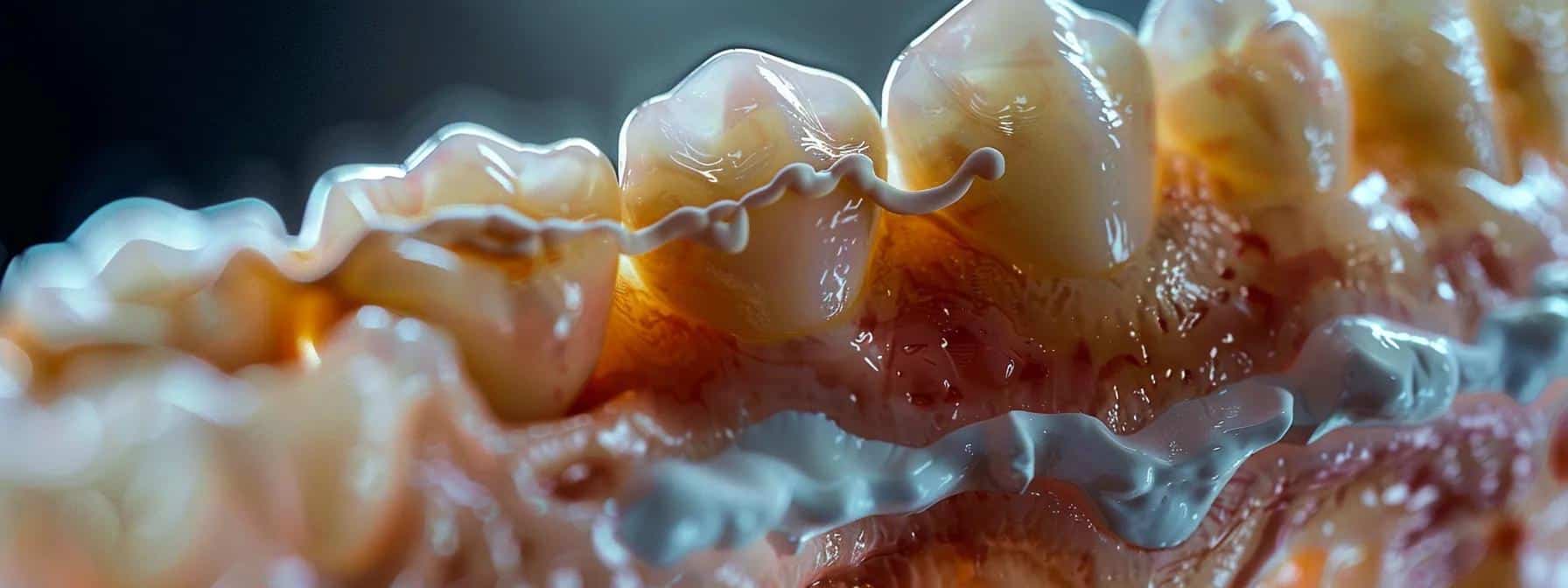Other Dental Implant Options to Consider
When it comes to dental implants, there are several options available that can cater to different patient needs and situations. For instance, zygomatic implants serve as a viable alternative for patients with significant bone loss, as these implants are anchored in the cheekbone rather than the jawbone. Additionally, techniques like bone grafting or sinus lifts can help prepare the jaw for traditional implants if required.
Moreover, mini dental implants present a less invasive alternative for patients seeking enhanced stability for dentures. These implants are smaller in diameter, which can reduce recovery time and discomfort associated with the procedure. By exploring these various routes, patients can find the most suitable option that meets their specific dental conditions and personal preferences.
The Impact of Dental Implants on Oral Health
Dental implants are not only beneficial for aesthetic reasons but also have a significant impact on overall oral health. When a tooth is lost, the surrounding teeth can shift, leading to alignment issues and further loss. By integrating an implant into the dental structure, patients can maintain proper alignment and preserve the health of adjacent teeth, ultimately supporting better bite function.
Additionally, dental implants can help prevent bone loss in the jaw, a common consequence of missing teeth. The implant acts as a root and stimulates the bone during normal chewing and biting, which helps maintain the integrity of the bone structure over time. This preservation of bone health contributes to a more stable foundation for other teeth, enhancing long-term oral health and function.
Long-Term Care and Maintenance of Dental Implants
Caring for dental implants requires a proactive approach to ensure their longevity and functionality. Regular dental check-ups are essential for monitoring the condition of the implants and the surrounding gum tissue. Maintaining excellent oral hygiene, including daily brushing and flossing, plays a critical role in preventing infections that could compromise the stability of the implants.
Furthermore, patients are advised to avoid habits that can negatively impact their dental implants, such as smoking or grinding teeth. Lifestyle changes, such as adopting a balanced diet and using a night guard if needed, can also enhance the outcomes of the dental implant procedure. By following these care recommendations, patients can enjoy a lasting and healthy smile for years to come.











